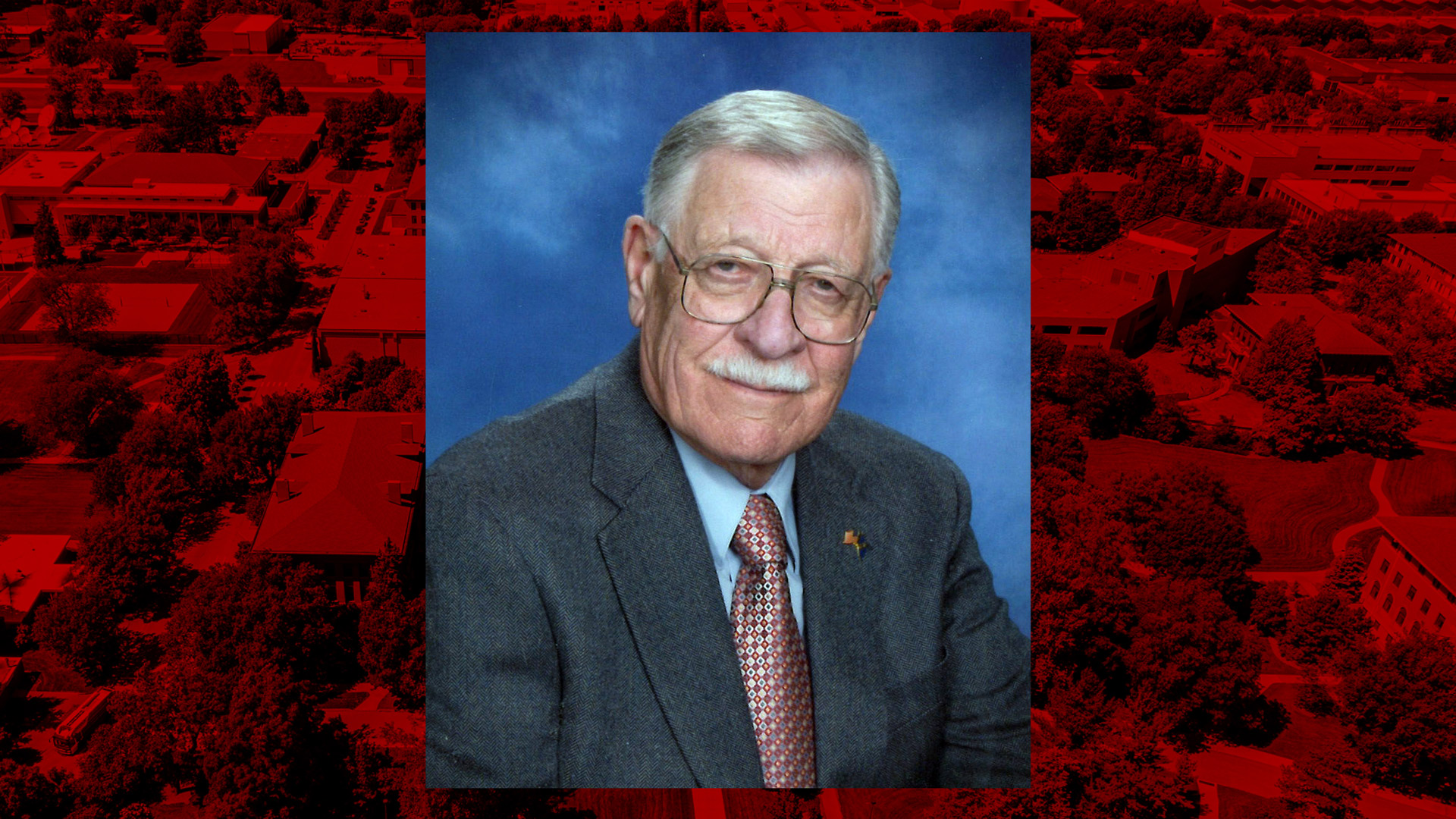
by Lana Koepke Johnson | Agronomy and Horticulture
Professor Emeritus Richard A. Wiese, age 95, died Feb. 22, 2024. His 38-year career in the Department of Agronomy and Horticulture and with Nebraska Extension at the University of Nebraska–Lincoln was spent in applied research and extension soil fertility education.
Wiese was born April 3, 1928, in Stanton County, Nebraska, and raised on the family farm in Dodge County. He attended one room rural schools and graduated from Dodge High School in 1946.
During World War II, he was drafted into the United States Army Air Corps and became a radar repairman. He then attended the University of Nebraska briefly but was recalled to active duty with the U.S. Navy in the Korean conflict as an aircraft radio repairman. He served as a reservist in the Navy for 24 years and retired at the rank of captain in 1978.
Wiese returned to the University of Nebraska in 1952. He completed a bachelor’s degree in technical agriculture in 1954 and a master’s degree in agronomy specializing in soils in 1956. He then moved to North Carolina and was employed with the Soil Testing Division of the State Department of Agriculture during which time he completed a doctorate degree in soil chemistry and plant nutrition from North Carolina State University.
In 1960 he moved his family to Wisconsin when he accepted a position as assistant professor and extension soil fertility specialist in the Department of Soil Science at the University of Wisconsin.
Wiese spent six months teaching three soil science courses at the University of Ife, now called Obafemi Awolowo University, in Ibadon, Nigeria, in 1964.
In 1967, he joined the faculty in the Department of Agronomy at Nebraska as associate professor and extension soils specialist. In 1975 he was promoted to professor.
Weise was closely associated with soil and plant analytical services in support of research projects and services with soil testing and with the initial computer soil testing reports at a time when its feasibility was questioned. He was instrumental in early State Soil Testing Legislation, which mandated conformity to established analytical procedures and developed a check sample system to assure quality control in soil testing laboratories. He encouraged a soil test comparison study that resulted in assisting in the start of a soil test comparison site. After results were published in the first two years, colleagues from North Carolina, Wisconsin and Nebraska became involved.
Wiese directed educational programs in partnership with agribusinesses in Nebraska and developed management systems for growing soybeans in high pH soils. His interest in water quality resulted in the development of Nebraska’s first water plans. Because of his involvement in developing both management plans, he concentrated his work in water and nitrogen management for field crops.
Wiese also worked on a national committee for nine years to develop an exam program for Certified Crop Consultants.
Development of the NCR-103 Committee, a committee of university specialists from the North Central Region, led to state legislation and reduced farm expenditures on unproven products in the North Central States by several million dollars. Wiese promoted the concept of fact sheets as a rapid response to public questions and concerns. This ultimately led to Nebraska Extension’s NebGuides, a vehicle of communication and information dissemination in which many extension colleagues participated.
Wiese was elected to three honorary societies including Alpha Zeta, Gamma Sigma Delta and Sigma Si. He was a member of the American Society of Agronomy, Soil Science Society of America, Soil Conservation Society of America, American Chemical Society, Council on Soil Testing and Plant Analysis, Nebraska Cooperative Extension Association and Epsilon Sigma Phi.
After retirement Wiese was engaged for 10 years in consulting and contract educational work, served as an interim president of a research foundation, was an advisor to major corporate farm suppliers, and on the board of directors of an international research foundation. Work took him to Nigeria, China, Brazil and several states, culminating in a final retirement after serving production agriculture for a total of 47 years.
More details at: https://go.unl.edu/f7xd